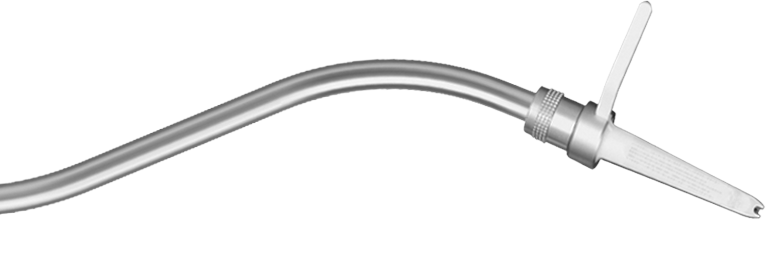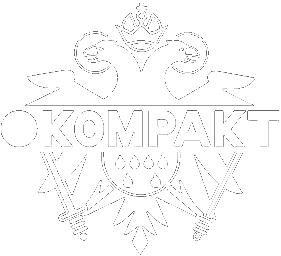Ya Tosiba is a Berlin-based duo producing bass- heavy riddims with energetic female vocals. On the mic we have Zuzu Zakaria, the versatile sing- er who uses mainly found, historical lyrics in her mother tongue Azeri. On synths and drum ma- chines we have Mesak. The head of the fantastic Harmönia label has his roots in Finland, he is one of the pioneers of Scandinavian Skweee music. As seen on their first single ("Mad Barber" from 2013), the vocals use lyrics found during field studies about the history of Meykhana, which is a traditional, improvised form of rhythmical folk vo- cals from Azerbaijan. It can be framed as a histor- ical kind of rap music which during Soviet times (1940-1991) had been forced to move under- ground, resurrecting with electronic instruments since the 1990s and finding a new popularity in Baku and also abroad these days. Zuzu has researched about Meykhana in her stud- ies at Oslo university. In her fieldwork, she has found the lyrics for these two tracks. "Molla", based on texts by Aliaga Vahid, dates back to the 1940s, it carefully criticizes the hypocrisy of the religious leaders at the time. "Ma?ın" has been written by Agaselim Childag in the 1980s and de- scribes the sudden rise of cars in the streets of Baku, with everybody riding about without any need for licenses. Mesak's trademark sounds, these raw synth bleeps characterizing most of the Scandinavian Skweee music, are present throughout. They join hands into two bouncing beats accompanying Zuzu's en- chanting vocals. "Molla" is a slow head nodder gaining more and more energy throughout the track, while "Ma?ın" turns out as a captivating disco track which is perfectly made for driving slowly in the summer with all windows open.
Ya Tosiba ist ein Duo aus Berlin, die bass-triefende Synth-Riddims mit hochenergetischen Frauenvocals verbinden. Am Mikro steht Zuzu, die gefundene hi- storische Texte in ihrer Muttersprache Azeri toasted. An den Synths und Drummachines: Mesak, der Chef des fantastischen Harmönia Labels. Der Finne ist ei- ner der Pioniere der skandinavischen Skweee-Musik. Wie schon auf der ersten Ya Tosiba Single („Mad Bar- ber“, 2013) singt Zuzu Texte, die sie während ihrer Forschungen über die Kultur des Meykhana gefun- den hat. Diese traditionelle, improvisierte, rhythmi- sche Gesangsfolklore aus Aserbaidschan kann als eine historische Form von Rap im Orient charakteri- siert werden. Während des Sowjetregimes (1940- 1991) musste diese Musik in den Untergrund abtau- chen, danach feierte sie eine Wiedergeburt mit elek- tronischen Instrumenten und einer neuen, populären Partykultur, sowohl in Baku als auch international. Zuzu hat an der Universität Oslo über die Geschichte des Meykhana gearbeitet. In den Feldforschungen hat sie Textquellen aufgetan, aus denen sie die beiden Tracks auf „Mollah The Machine“ geschrieben hat. „Molla“ basiert auf einem Text von Aliaga Vahid von 1940 und kritisiert die Heuchelei der Religionsführer dieser Zeit. „Ma?ın“ stammt aus anonymer Quelle aus den 1980ern und beschriebt den Boom von Autos auf den Straßen in Baku, als jeder plötzlich Auto fährt und keiner sich um Führerscheine schert. Mesaks Trademark sind diese rohen, bleepigen Synthesizer und reduzierte Hiphop Beats, die seit seinen ersten Releases das skandinavische Skweee Genre mitdefinieren. „Molla“ ist ein langsamer Kopfnicker, der sich im Verlauf durch Zuzus laszive Vocals mit immer mehr Energie auflädt. „Ma?ın“ kommt als betörender Disco-Track daher, perfekt gebaut, um an heißen Sommertagen langsam an den Strand zu fahren und alle Fenster runterzukur- beln.
Kompakt Newsletter
Stay in the loop and subscribe to our webshop newsletter
© 2024 Kompakt
Contact
Privacy
Imprint
Terms & Conditions
Shipping
Pick-Up / Abholung
Downloads
Cookies




